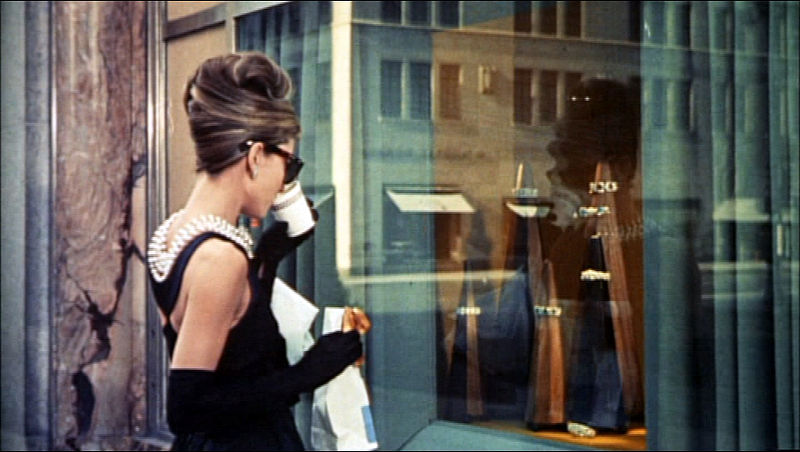Classical Meaning:
Live happily ever after. Spend the rest of one's life in happiness, as in romantic novels the hero and heroine end up marrying and then live happily ever after. This hyperbolic phrase ends many fairy tales. [ Mid-1800s ] The American Heritage® Idioms Dictionary.
What Life Teaches Us:
Adulthood, however, brings knowledge that life is messier than stories. It does not deliver happy endings, if only because it does not deliver endings. Or at least, it only has one ending. ... When a story is described as having a happy ending it is easy to think of the happily-ever-after of a fairy tale.
Why do I cling to ‘happy ends’ even when I am not writing a romantic novel?
Fairy tales were a very important part of early modern popular culture. Not only did they provide people with much needed entertainment, they offered a means of exploring one’s most secret dreams and deepest anxieties. Beneath their enchanting exteriors, fairy tales contain certain recurrent emotional situations, which are actually quite primitive in nature. Shakespeare recognized this and drew on these popular tales in his plays not just for their entertaining story lines, but for their emotional models, too. This allowed him to connect with his audience on an intimate, perhaps subconscious level.
In the 2003 film adaptation of Peter Pan , Wendy describes the stories she’s been telling the Lost Boys as “adventures, in which good triumphs over evil,” to which Captain Hook sneers, “They all end in a kiss.” Like Wendy and the Lost Boys, millions of people escape into the world of fiction to find happily ever after endings. We cheer when the good guy defeats the villain. We applaud when true love conquers all. We find hope and encouragement in the fictional examples that peace and happiness await on the other side of seemingly insurmountable trials. Without doubt, happy endings are enjoyable, uplifting, and reaffirming.
…Are we squelching hope, beauty, and wonder? Or are we perhaps just exploring the opposite side of the same coin? Life is just as full of sadness as it is of happiness. To ignore that fact is to limit both our personal experience of the human existence and our ability to write truthfully about life. To cap every story with a happy ending is dishonesty to both ourselves and our readers. The moment fiction becomes dishonest is the moment it becomes useless. Novelist Aryn Kyle comments in her article “In defense of sad stories” (The Writer, June 2011):
My novels (as do many other romance novels) deal with person growth and overcoming the odds, including life and death struggles, as well as, current social issues. How those stories possibly end in a happily-ever-after?
Sad stories don’t have to be depressing stories.
The stories that have broken my heart and changed my life are stories of great tragedy, but they’re also stories of great hope. That, right there, is where we find the true power of the sad story—because light always shines brightest in the darkness.
This is why my stories always end with a happily-ever-after.
I have a core belief, no matter how dark the moment, someone—be it Faith, or words from a friend, or a stranger, will offer guidance or give you the strength to face another day.
Before I type The End, I make certain my readers feel there is a happy future for my ‘characters’ and for themselves.
What story changed your life? Fanned the dying spark of hope into a flame rekindling the fire in your soul; or mended your broken heart so you could reach for tomorrow?
What story did you need to hear when you were a child? A teen? Finding your way as a young adult?
What happily-ever-after story do you need to read now?
While you reach for your happy-every-after in your life. Remember to reach for a novel to feed that hope!
Happy Reading,
Amazon bookswelove buy links
Kobo BookBub




























